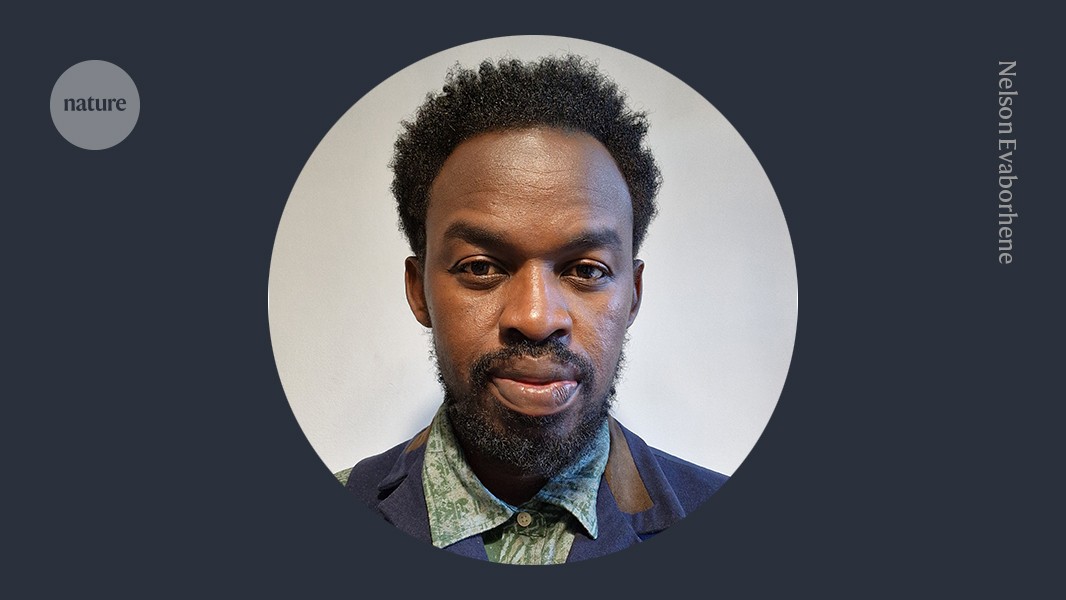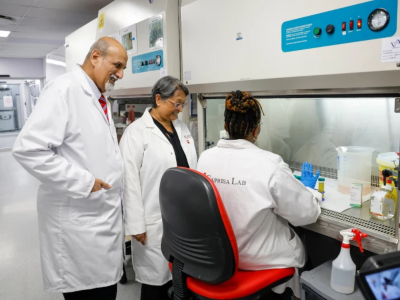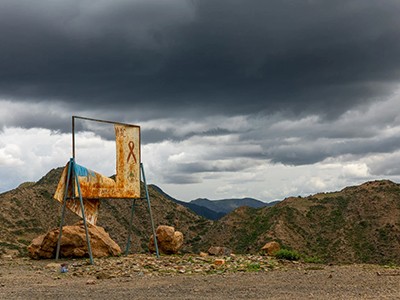As geopolitical tensions rise, high-income countries (HICs) are directing more resources towards defence and fewer towards international development. But addressing many of the most destabilizing challenges of our time requires building resilient societies, not weapons.
Under President Donald Trump, the United States has suspended multiple foreign-aid programmes and taken steps to withdraw from the World Health Organization. Trump is proposing discretionary-budget increases of 13% for the defence department and 65% for homeland security.
Other countries have likewise signalled a retreat from multilateral development. The United Kingdom plans to reduce its official development assistance from 0.7% of its gross national income to just 0.3% from 2027; France has cut its aid budget by 35%; and Germany’s incoming coalition plans to reduce humanitarian aid by 50%.
Trump’s cuts to international aid are stifling Africa’s HIV research
At the 2024 United Nations Climate Change Conference (COP29), countries pledged to mobilize US$1.3 trillion annually by 2035 to fund efforts to address climate change. Yet, without robust development support, many low- and middle-income countries (LMICs) will lack the institutional infrastructure to access, deploy or govern these funds effectively.
In global health, these cuts are coming as the consequences of previous reductions in aid are already being felt. A 70% decline in official development assistance to Africa since 2021 has contributed to a $220-million funding deficit for countries’ response to the mpox outbreak of the past few years.
After the Second World War, the United States approved funding — which would eventually rise to more than $12 billion — for the rebuilding of western Europe. Known as the Marshall Plan, it was not merely an act of generosity. It was a calculated effort to rebuild economies, stabilize democracies and contain the spread of extremism.
Building resilient societies abroad will similarly make people safer in their own nations today. No missile-defence system could have stopped the COVID-19 pandemic, for instance, which destabilized economies and overwhelmed health systems, including in militarily powerful nations. Similarly, climate-related disasters, environmental degradation and lack of investment in education are driving armed conflict and contributing to a global rise in nationalist political movements.
Trump blew up the global fight against AIDS. Can it recover?
Development must be reclaimed as a crucial means for sustaining long-term global and national security.
This means world leaders and societies recognizing that investments in public-health infrastructure, education and climate adaptation are not acts of charity or means to exert soft power, but essential strategic investments. It means treating development as a cornerstone of global security in national budgets and shielding development finance from short-term political pressures. This could be done, for instance, by codifying aid targets into law.
Some countries, such as Sweden and Norway, have consistently upheld high levels of official development assistance through long-standing political consensus, even without legal mandates. But in many HICs, development assistance is often subject to cuts when domestic priorities shift or fiscal pressures mount.




